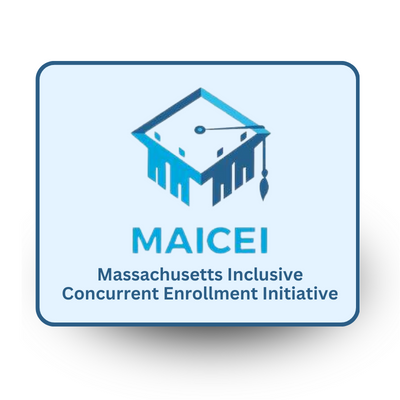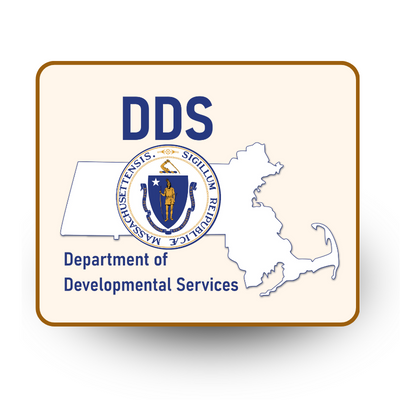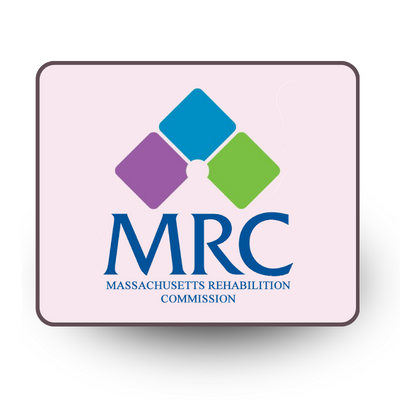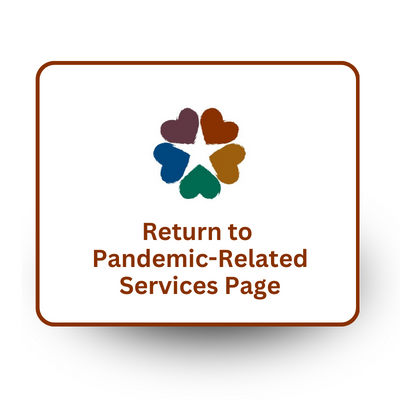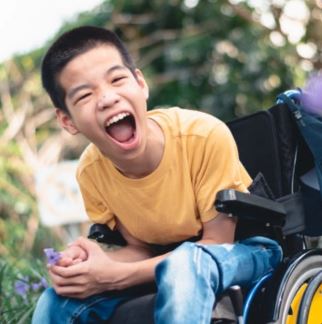Pandemic-Related Transition Services:
Massachusetts Commission for the Blind
The Massachusetts Commission for the Blind (MCB) serves approximately 30,000 individuals who are legally blind by providing access to employment opportunities and social rehabilitation with the goal of increasing independence and full community participation.
Pandemic-related transition services will take the form of a service voucher that you can use to purchase the services that appeal to you. These could include:
- Assistive Technology skills
- Computer and Smart Phone use
- Social Media and Internet utilization
- Self-Advocacy Skills
- Civic Participation Groups
- Networking and Social Skills
- Orientation and Mobility Training (Public Transit, ride share)
- Social Skills Groups
The Commission is always there to help adults who are blind pursue your goals. This program will ensure you receive extra services that may not have been available during the pandemic.
Who to Contact:
Lesli Baker-Johnson, Deaf-Blind Extended Supports Director
- email: DeafBlind@mass.gov
- phone: (857) 248-0930
If you have not been contacted by MCB please reach out to Dennis Baker at the Federation for Children with Special Needs
- email: dbaker@fcsn.org
- phone: (617) 236-7210 x335
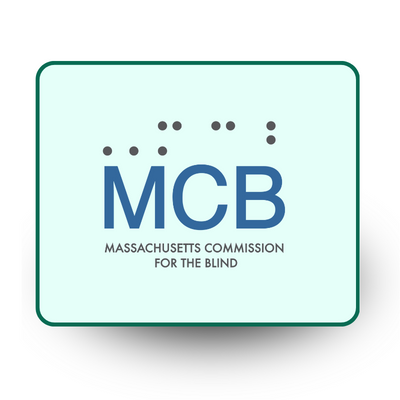
What People Are Saying About MCB’s Pandemic-Related Transition Services
A mutual MCB/DDS client, L.D., turned 22 in November of 2020 and was unable to transition to her previously identified day program due to the pandemic and no staff being available. She was without a day program for over a year and a half. The family was able to find a person to provide 1:1 supports to take her out into the community and to a recreational program for individuals with intellectual disabilities doing crafts, music and community field trips. CPR-TS funding was used to pay this 1:1 as well as the cost of the recreation program.
M.D. turned 22 in September of 2020 and lost her day program placement when her program shut down during the pandemic. She requires 1:1 staffing 24/7 and her parents were not able to stay home or pay for a 1:1 to be with her. They were provided CPR-TS funding to pay a care giver to do activities and take her on outings in the community.
C.H. turned 22 in August of 2022 and was without any day program in place for her transition. Her family received CPR-TS funding pay for a music program as well as transportation and staff to accompany her to the music program. The family also used the funds to pay for a 2-week residential camp for individuals with disabilities over the summer.
